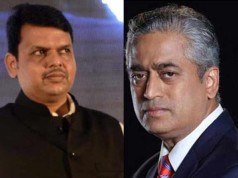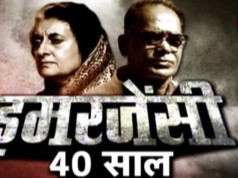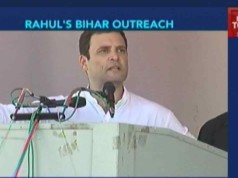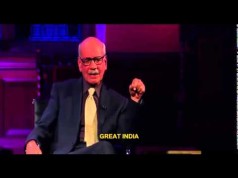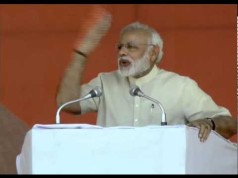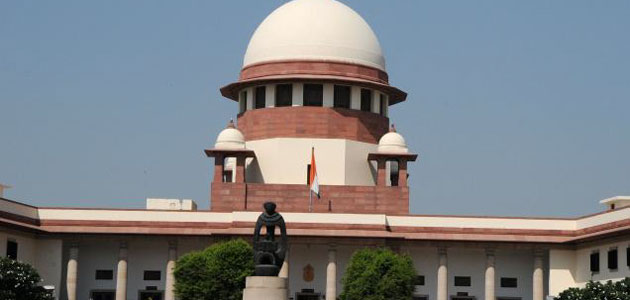
The apex court ruled that officers do not need to carry out verbal instructions from their political bosses. Public representatives are bound to give in writing any such instructions. However, in urent cases they can direct verbally to officers but have to mention it in writing later.
The court ruled that officials must enjoy security of fixed tenures and record any oral orders issued by political bosses on file so that culpability for executive action is clearly established.
The court said written directions are of utmost importance if oral orders are subjected to the rigorous test of the Right to Information (RTI) Act as verbal directions defeat the object of the transparency law and give rise to favouritism and corruption.
While making file notings of oral orders would deter ministers and other political bosses from issuing illegal or flawed decisions, the ruling on a ‘minimum assured tenure’ in postings can go a long way in removing the Damocles’ sword of transfers that hangs over bureaucrats, making them vulnerable to pulls and pressures.
These two important directions — banning oral instructions and setting out fixed tenure – must be implemented by all governments, central and states, within three months, ordered a bench of Justices K S Radhakrishan and Pinaki Chandra Ghosh.
These recommendations were also contained in the prescriptions of several government appointed committees and successive Administrative Reforms Committee but were consistently ignored by the governments. Frustrated by government inaction, former cabinet secretary T S R Subramanian and other eminent persons had moved the Supreme Court by means of public interest litigation (PIL).


